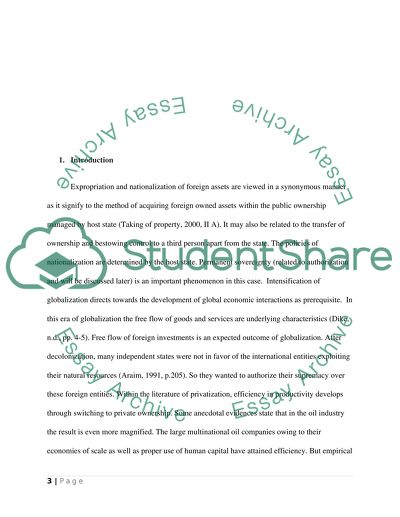Cite this document
(“Legal Aspects of the Oil & Gas Industry Essay Example | Topics and Well Written Essays - 3500 words”, n.d.)
Retrieved from https://studentshare.org/law/1403363-legal-aspects-of-the-oil-gas-industry
Retrieved from https://studentshare.org/law/1403363-legal-aspects-of-the-oil-gas-industry
(Legal Aspects of the Oil & Gas Industry Essay Example | Topics and Well Written Essays - 3500 Words)
https://studentshare.org/law/1403363-legal-aspects-of-the-oil-gas-industry.
https://studentshare.org/law/1403363-legal-aspects-of-the-oil-gas-industry.
“Legal Aspects of the Oil & Gas Industry Essay Example | Topics and Well Written Essays - 3500 Words”, n.d. https://studentshare.org/law/1403363-legal-aspects-of-the-oil-gas-industry.


